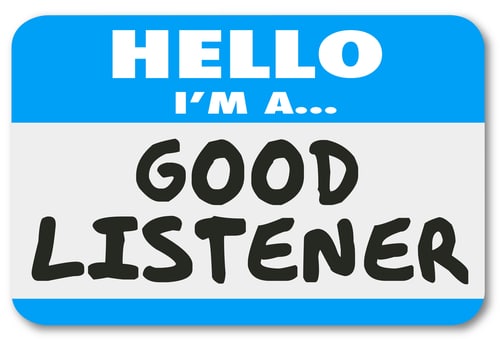Nobody, no matter how good they are at selling, has a 100% win rate. That means all of us have to learn how to deal with losses. As a sales manager, your job is to help your team learn from these lost sales. A lost sale is a failure only when we, individually and as a team, don’t learn from it.
Having a positive attitude is especially important in the sales profession. And when a salesperson loses a big deal, it is easy for them to get down. That’s a normal human reaction. But if your salesperson stays down, that’s not good. And one way to help salespeople process their lost sales quicker is to teach them how to “look for the lesson” in every lost sale.
My wife is working hard on her golf game, with a goal to break 100. 
Another way to help people learn is to share your experiences with similar situations when you were a rep. What went wrong in your situation? What did you learn to do differently because of it?
Also, encourage salespeople to share their experiences with you and the rest of the team in order to help others avoid similar problems in the future. Here are some questions to consider asking the rep:
- What went right in this sales opportunity?
- What was the first time you suspected that something was wrong with this opportunity? Was it not until the very end, or were there signals or symptoms you can recognize now as you think back?
- In what step of selling did the deal go astray? Was it at the beginning, with qualification? In the diagnostic questioning phase? A failure in our competitive strategy?
- What additional questions should you have asked and when should you have asked them?
- Were there additional decision makers that you should have been in contact with? How could you have done this?
- Is there anything you could have done differently to recover once you recognized the deal was in trouble?
- Is there any chance you can you get back in there, do it better, and win this customer back? If yes, what would it take? If no, what can we take away from this situation so we get a different outcome next time?
The above questions can be a great motivational tool because you focus on learning rather than assigning blame. Just remember that it takes guts to admit mistakes — especially in front of others. So create a culture of openness in your team.

